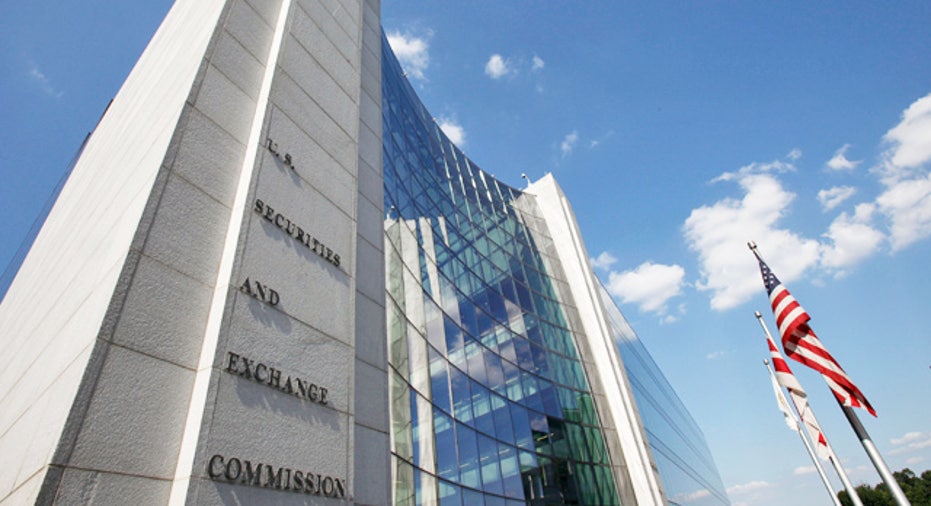SEC Wants More Transparency Over Corporation’s Political Spending

U.S. securities regulators should develop a regime to require companies to disclose all of their political spending, a Securities and Exchange Commission official said on Friday.
"Requiring transparency for corporate political expenditures cannot wait a decade," said Luis Aguilar, a Democratic commissioner, in a speech at the Practising Law Institute's annual SEC Speaks conference.
"It is the commission's responsibility to rectify this gap and ensure that investors are not left in the dark while their money is used without their knowledge or consent."
The call for more disclosure comes after the Supreme Court's "Citizens United" ruling in 2010 that found independent expenditures by corporations do not give rise to the appearance of corruption and are constitutional.
That decision paved the way for a dramatic increase in political action committees known as Super PACs that have played an influential role in the Republican nomination race ahead of the 2012 presidential election.
Unlike campaigns, these PACs have no limits on what they can raise or spend, allowing them to have a much greater impact thanks to donations by wealthy individuals or companies. These Super PACs have largely taken on the job of running attack ads in the Republican campaign.
So far, mostly wealthy individuals, as opposed to companies, have been visibly involved in funding the Super PACs.
The SEC does not currently require public companies to give detailed information on corporate spending on politics, unless the spending is considered "material."
The SEC has received petitions over the past year, including one from a group of prominent securities law experts, asking the agency to force companies to make such disclosures.
SEC Chairman Mary Schapiro told reporters on the sidelines of the conference on Friday that the SEC will address the rule-making petitions it has received "at some point", but said that shareholders already have a means of requiring more disclosure from the companies they own.
"Companies that receive a shareholder proposal asking them for disclosure about political contributions have been required to put those shareholder proposals in the proxy, so there is a mechanism for shareholders to directly represent to the companies they own to have that issue put forward for a shareholder vote," she said.
In 2011, out of 465 shareholder proposals appearing on company proxy statements, 50 were related to political spending, Aguilar said.
"The demand from investors has been so significant that large public companies have increasingly agreed to adopt policies requiring disclosure of companies' political expenditures," said Aguilar. "However, it is important to keep in mind that while some companies are voluntarily providing disclosures, many others are not. In addition, the disclosure that is provided is not uniform and may not be adequate."
Even with the groundswell of interest in the topic, the SEC has not focused on developing new rules, partly because of the rulemaking workload its was given in the 2010 Dodd-Frank financial oversight law.
But Aguilar warned that shareholders will suffer the longer the SEC waits.
"The cost of commission inaction - particularly in the face of compelling evidence for the commission to act - can be devastating," he said.



















